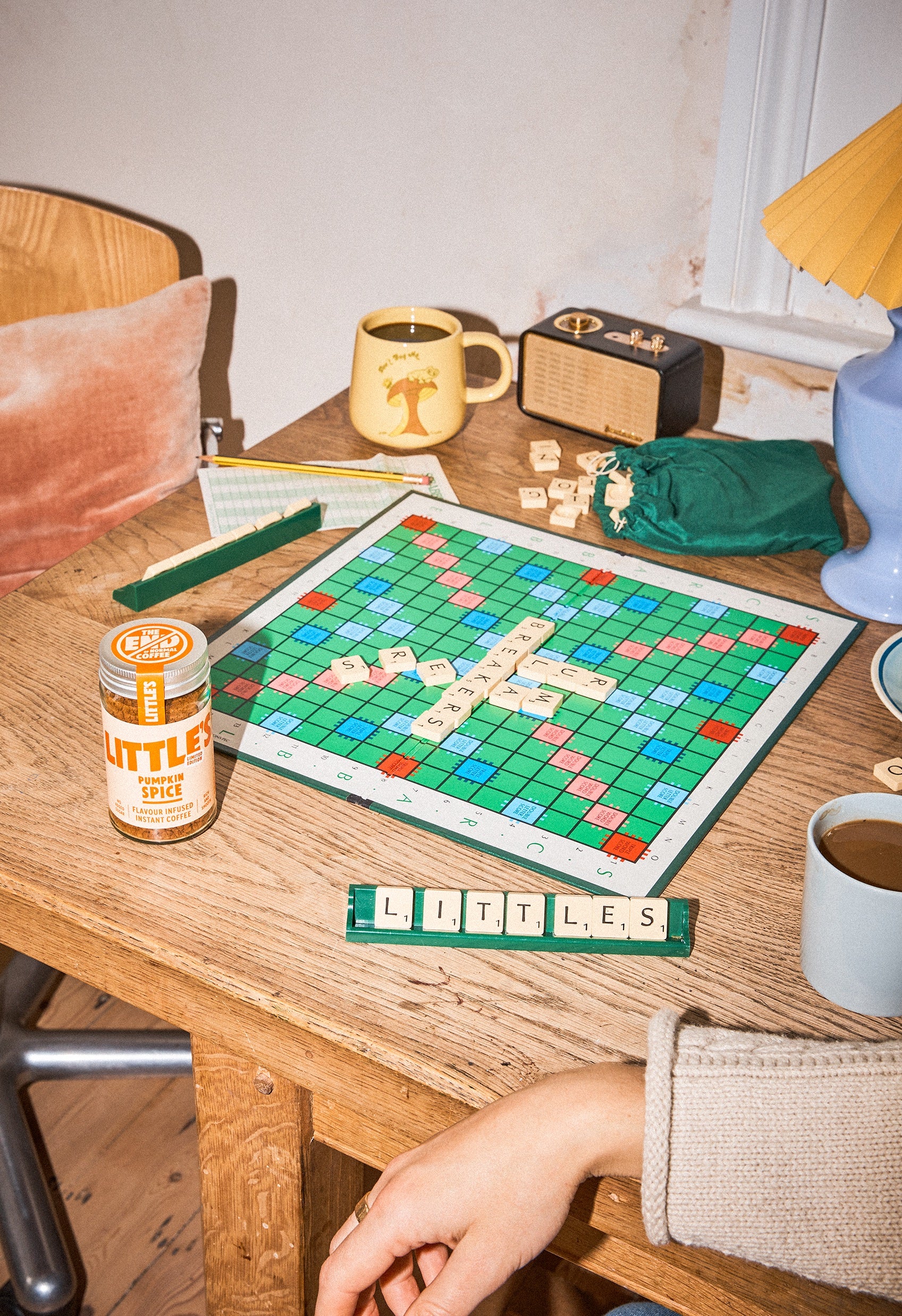Pregnancy can be a beautiful but confusing journey with so many dos and don’ts on what to eat, drink and do. To make it a little less daunting, we’ve done some digging around to give you the latest lowdown on caffeine and pregnancy, with some top tips and alternatives to beat that caffeine craving when it strikes.
HOW MUCH CAFFEINE CAN YOU HAVE WHEN YOU’RE PREGNANT?
Did you know that when you’re pregnant you should limit the amount of caffeine you’re having? Pregnant women should only be having around 200 milligrams of caffeine a day, which works out to be around two cups of coffee. Don’t worry though, you don’t need to cut caffeine out completely, but you should just take note of how much you’re having so you’re on top of it.
Read recommendations from the NHS here.
HOW MUCH CAFFEINE DOES A CUP OF COFFEE HAVE?
A cup of Little’s coffee has 27mg of caffeine per gram of instant coffee. Normally you would use between two and three grams of coffee to make a cup, and therefore the caffeine levels are between 54mg and 81mg per cup, depending on how strong you take your coffee. This means you can have two or three cups of Little’s flavoured coffee if you’re pregnant, before moving on to something different. This is a comparatively low amount of caffeine compared to other instant coffees on the market, because we use Arabica coffee as opposed to Robusta.
HOW MUCH CAFFEINE DO MY FAVOURITE DRINKS HAVE?
- 1 cup of instant coffee – 100mg (Little’s coffee: 54mg-81mg)
- 1 cup of filter coffee – 140mg
- 1 cup of tea – 75mg
- 1 can of Coca Cola – 40mg
- 1 can of energy drink – up to 80mg (bigger cans can have up to 160mg!)
COFFEE ALTERNATIVES DURING PREGNANCY
You might be thinking ‘what’s left if I can’t have my favourite drinks?!’, but there are lots of alternatives for you to replace tea and coffee with when you’ve reached your daily limit. Fruit juices and squash will help to satisfy your sweet tooth and keep you hydrated, but of course, don’t forget you can still have decaf tea and decaf coffee!
Decaf coffee when you’re pregnant or breastfeeding is awesome as it can trick your taste buds into thinking you’re having a cup of the real stuff. So, you can get your coffee fix without the caffeine that could harm your little one. If you’re not keen on regular old decaf coffee, our flavoured decaf range has four delicious flavours and one Single Origin Brazilian decaf coffee if you want a classic-tasting coffee. Our coffee only has 4 calories a cup and absolutely no added sugar too, so you don’t have to worry about those pesky calories and nasties affecting you and your baby.
CAFFEINE AND BREASTFEEDING
Once your little one has arrived, if you decide to breastfeed your child, you will still need to consider how much caffeine you're drinking. Caffeine, after all, is a stimulant and, if it’s helping to perk you up, it’ll be keeping your baby awake too. If you’re breastfeeding, it’s a good idea to restrict your caffeine intake to less than 200mg a day, so similar to when you're pregnant. Remember caffeine can present itself in everything from chocolate to soft drinks, so be sure to check the label. Our decaf flavoured coffee is a great way to tackle this if you still want to enjoy coffee time.
Each baby will react to caffeine and coffee’s acidic qualities differently, so it's worth keeping a note of how your baby reacts after feeding if you've had a cup of coffee.
There's a myth that caffeine decreases milk supply, however there is no evidence to suggest this.
WHAT CAN HAPPEN IF I HAVE CAFFEINE WHILE PREGNANT?
If you’re still drinking your coffee all day, every day without changing your habits, it could be harmful. Your baby could have a low birth weight, or it could cause a miscarriage or lead to health problems later in life.
“Excessive caffeine consumption (defined as drinking three or more cups of coffee or tea daily during the first trimester) has been associated with a higher incidence of miscarriage and low birth weight. Plus, as it does in adults, caffeine can increase a baby’s heart rate.”
Read what Dr Sears has to say on Caffeine and Pregnancy.
IS DECAF COFFEE SAFE TO DRINK DURING PREGNANCY?
You may have heard that there are a few different ways to remove the caffeine from coffee. The main decaffeination methods are Solvent-Based Methods such as indirect solvent process and direct solvent process, plus non-solvent based methods including Swiss water process or CO2 process.
Here at Little’s coffee, we use the non-solvent based CO2 method. What this means is there are absolutely no chemicals used during the decaffeination process of our coffee, so you can sip away, rest assured that you’re doing the best for bump.

